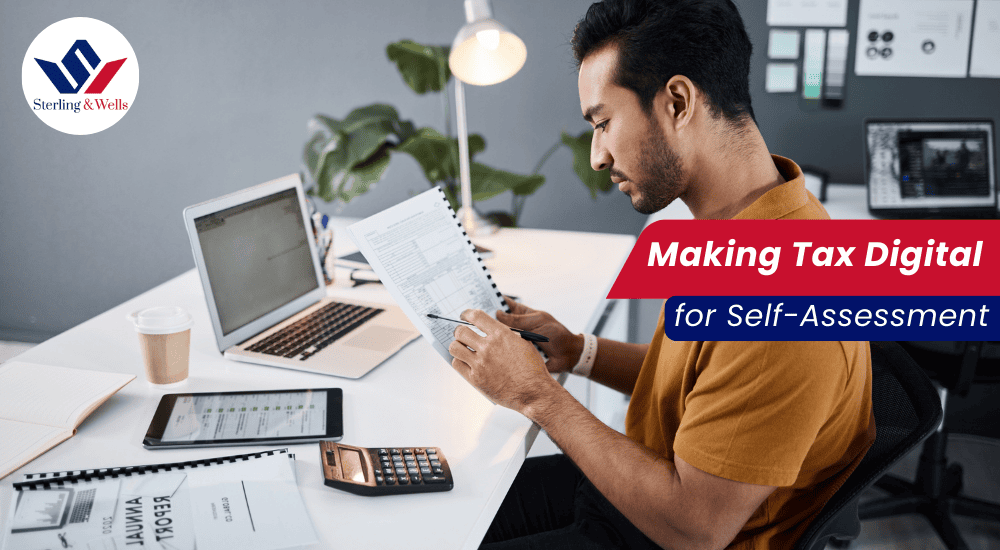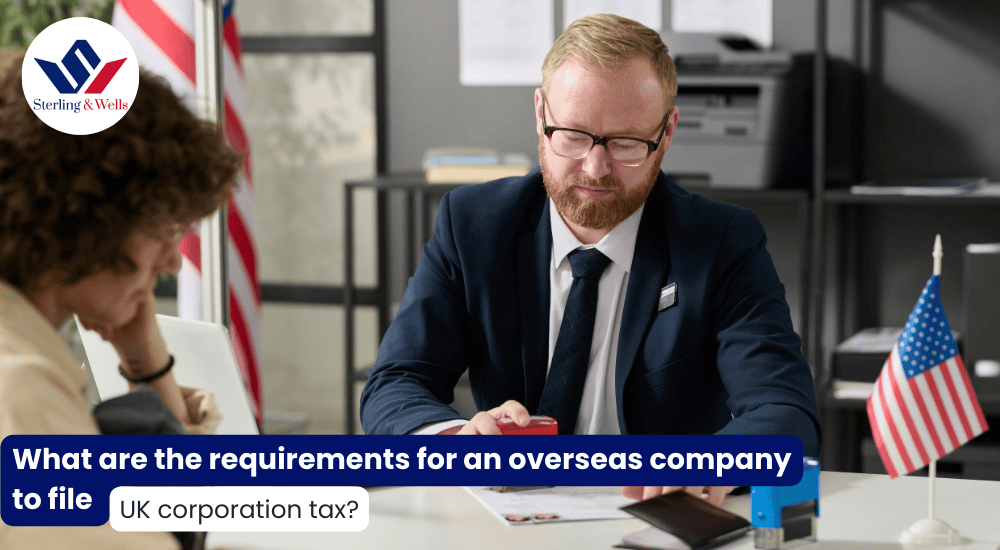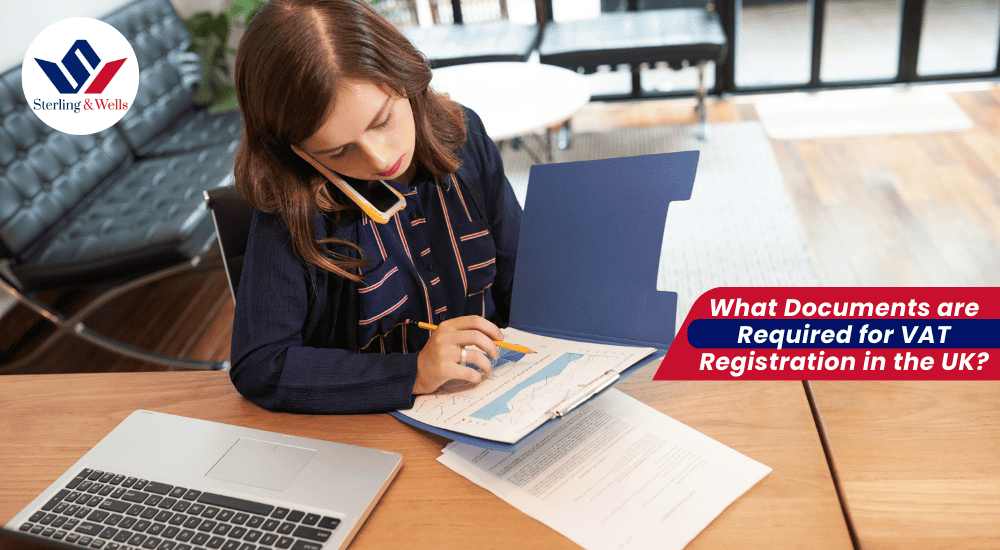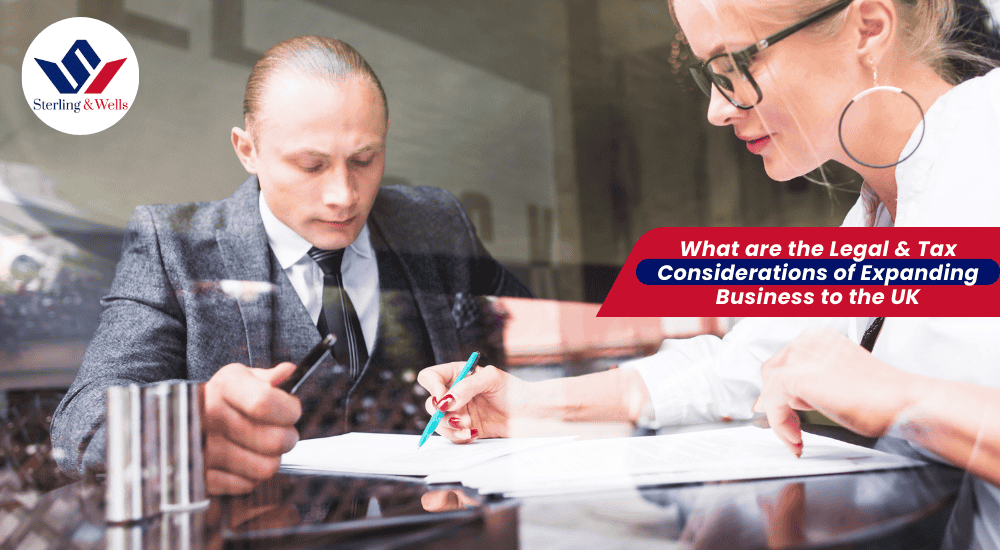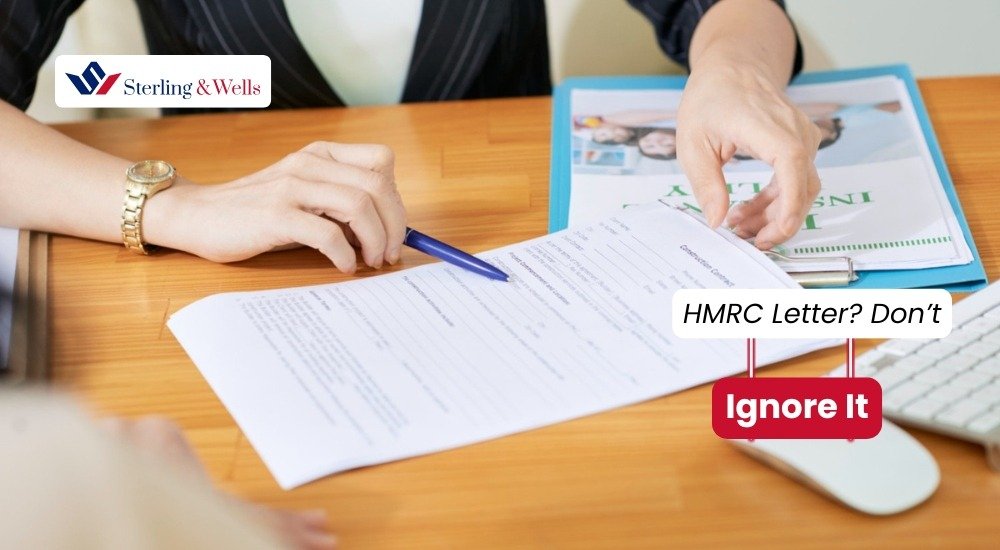If you’re hosting on Airbnb, chances are you’re focused on giving your guests a great experience, managing bookings, and keeping your property in top shape. But there’s an important side to hosting that could quietly be costing you a lot more than it needs to—tax. Yes, taxes can be complicated, but knowing how to maximise your deductions and stay compliant is key to protecting your hard-earned income. In this guide, we’ll explore the top tax deductions Airbnb hosts often miss and help you keep more of what you earn, with the latest insights for UK hosts in 2025.
Knowing Your Tax Responsibilities as an Airbnb Host in the UK
Before we dive into deductions, it’s essential to understand that any income you earn from Airbnb hosting in the UK is subject to income tax. You need to declare this income in your Self Assessment tax return, especially now with HMRC requiring Airbnb and similar platforms to report host earnings directly from 2025 onward. The UK tax system charges tax at different rates depending on your total income, with personal allowance thresholds applying each year.
Here’s a quick breakdown of UK income tax bands for 2025:
- Personal Allowance – £0 to £12,570 (0% tax)
- Basic Rate – £12,571 to £50,270 (20% tax)
- Higher Rate – £50,271 to £125,140 (40% tax)
- Additional Rate – Over £125,140 (45% tax)
Your Airbnb income adds to your total income, so managing this effectively matters. Luckily, tax reliefs and allowable expenses can reduce the taxable amount.
Furnished Holiday Lettings (FHL): A Valuable Option for Active Hosts
Furnished Holiday Lettings used to be a popular option for Airbnb hosts, offering generous tax benefits including capital gains relief and the ability to claim wear and tear on furniture. However, as of April 2025, the FHL scheme was abolished. This change means new FHL benefits no longer apply.
Nevertheless, if you held properties qualifying as FHLs before this date, transitional reliefs may affect your tax calculations for a few years. For most hosts, this means approaching their Airbnb income like any other residential rental income, paying tax after allowable deductions without the additional FHL advantages.
Deductible Expenses to Watch Out For
One of the most common reasons Airbnb hosts overpay tax is failing to claim all the expenses they’re entitled to. Expenses must be “wholly and exclusively” for your Airbnb business, but in a home-sharing environment, some apportionment is needed. Here are several deductions Airbnb hosts often overlook or under-claim.
Cleaning costs are a prime example. Whether you hire professional cleaners or buy your own supplies for bathroom and kitchen upkeep, these expenses directly relate to maintaining the property for guests. You can claim these costs in full where they relate to Airbnb use.
Consumables like fresh towels, bedding, soap, and even a welcome basket with small treats for your guests count as deductible expenses. Many hosts don’t realise that continually replenishing guest supplies throughout the year is a valid claim.
Airbnb charges including the percentage fee Airbnb takes per booking, payment processing fees, and costs related to managing your listing online all qualify as expenses. These charges reduce your overall taxable income.
If you have a mortgage on your property, you can claim the interest portion of the mortgage interest payments, but not the capital repayments. This relief can result in significant savings, especially for hosts letting out entire properties. Similarly, any council tax, water rates, or insurance premiums that relate to the rental accommodation—either whole property or just rental space—can be claimed, but an accurate apportionment method should be used when the property is your main residence.
Utilities like electricity, gas, and water bills related to the rental use of your property are reclaimable expenses. If you rent out a room in your home, you need to calculate the percentage that room takes of the total space and only claim that proportion of your bills.
Repairs and maintenance are allowable expenses, but it’s important to differentiate them from improvements. Repairs involve fixing things to keep them in their existing state, like patching a leak or repainting walls. Improvements, which enhance the property’s value or functionality—such as installing a new kitchen or adding a conservatory—are capital expenditures and not deducted in the year incurred. Instead, they are capitalised and may be relevant in capital gains tax calculations when you sell the property.
While the UK doesn’t allow depreciation to be deducted directly, you can claim capital allowances on certain qualifying items like furniture, appliances, and equipment used in your Airbnb business. This enables you to gradually reduce your taxable profits by accounting for wear and tear in a tax-compliant way over several years.
Professional fees related to your Airbnb hosting, such as accountancy services for preparing your tax returns or legal advice regarding tenancy agreements, are also deductible. Many hosts overlook these expenses, but claiming them can help offset costs of maintaining compliance.
How Can Sterling & Wells Accountants Help?
We take great pride in our in-house expertise, developed over years of successfully handling hundreds of clients and helping them claim what they are owed.
Understanding Council Tax & VAT for Airbnb Hosts
Council tax can be a tricky area. If you rent out a room in your main home temporarily, you’re usually responsible for your usual council tax payments. If you rent the whole property, different rules may apply depending on the length and type of rental. Some hosts may face business rates instead, especially for properties let for more than 140 days yearly.
Regarding VAT, most Airbnb hosts will not need to register unless their rental income exceeds the VAT threshold, currently £85,000 annually. However, if you provide additional services resembling a hotel (like regular cleaning or breakfast), VAT may apply sooner. This is an area where professional advice is often needed.
Common Mistakes Airbnb Hosts Make on Taxes
Many Airbnb hosts unintentionally reduce their tax savings or risk penalties. Some of the biggest mistakes include:
- Not keeping comprehensive and organised records of income and expenses
- Incorrectly mixing personal and rental expenses or failing to apportion costs fairly
- Missing the January 31 tax filing deadline for Self Assessment
- Forgetting to register for Self Assessment if earning above thresholds
- Overlooking new tax rules or relief changes, especially from 2025 onwards
- Confusing deductible repairs with property improvements that aren’t immediately claimable
Avoiding these helps protect your finances and peace of mind.
How Sterling & Wells Supports Airbnb Hosts
At Sterling & Wells, we understand the complexities Airbnb hosts face. Our dedicated specialists help you navigate tax rules, find all allowable deductions, and optimise your tax position. From bookkeeping to filing your Self Assessment return on time, our services ensure you comply with HMRC while maximising your savings.
Our tailored packages cover:
- Advice on Rent-a-Room vs. FHL status and corresponding reliefs
- Accurate allocation of expenses between personal and rental use
- Preparation and submission of tax returns with full compliance
- Identification of potential capital allowances on furniture and equipment
- Ongoing support for changing tax laws and proactive planning
With Sterling & Wells, you can focus on creating great guest experiences while leaving tax complexities to the experts.
Preparing for the Future of Airbnb Hosting Taxation
Tax rules and reporting requirements continue to evolve, making early preparation critical. Develop a habit of digital record-keeping from day one—using apps or spreadsheets to log all income and receipts—which will make annual tax filing less stressful.
Keep informed about tax relief eligibility changes and new HMRC guidelines relating to property rental. As platforms like Airbnb tighten income reporting, staying compliant is easier with professional support.
Early preparation can reduce stress and financial surprises while encouraging growth of your rental business.
Conclusion
Airbnb hosting can be an excellent income source, but understanding taxes is crucial to keeping profits healthy. By knowing what deductions you can claim and avoiding common pitfalls, you protect your income and stay on the right side of HMRC.
Whether you rent out a spare room or manage multiple properties, this guide aims to help you uncover tax deductions often missed by hosts. If things ever feel overwhelming, remember Sterling & Wells is here to help you. Our expert team can simplify your tax responsibilities, find every saving you deserve, and support your Airbnb business goals with confidence.
Get in touch today to learn how we can assist you with managing your Airbnb tax strategy and all your property accounting needs.

